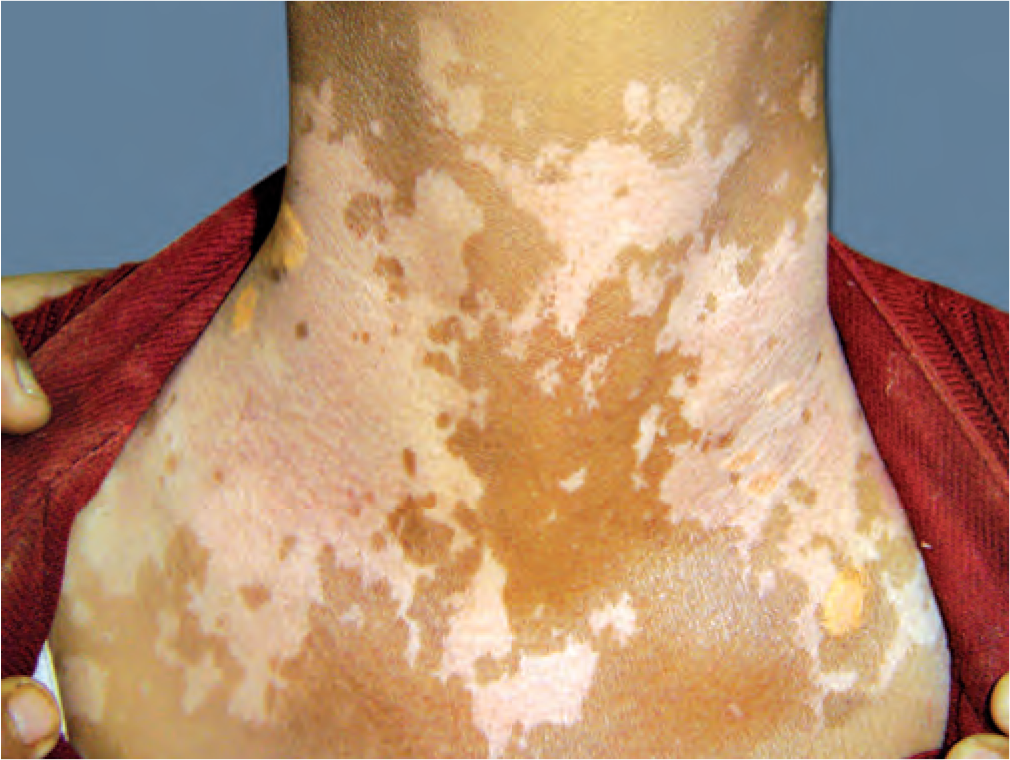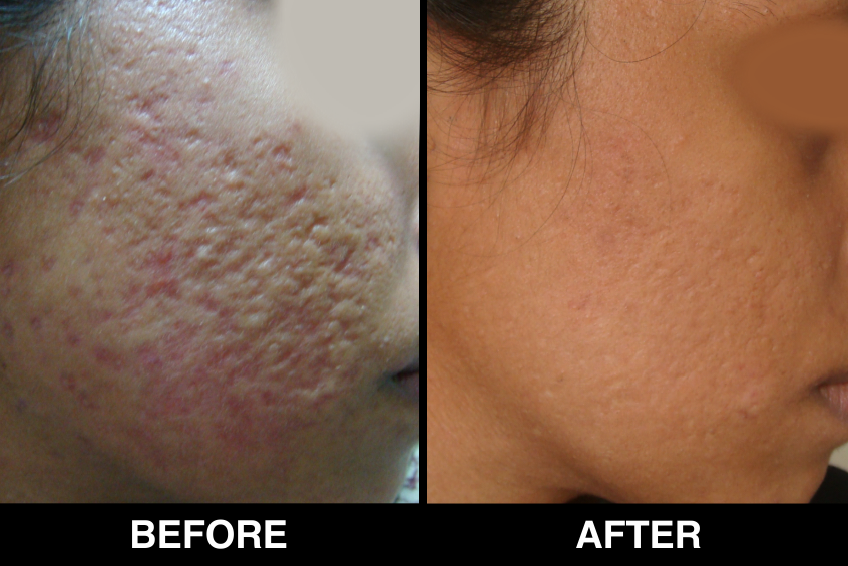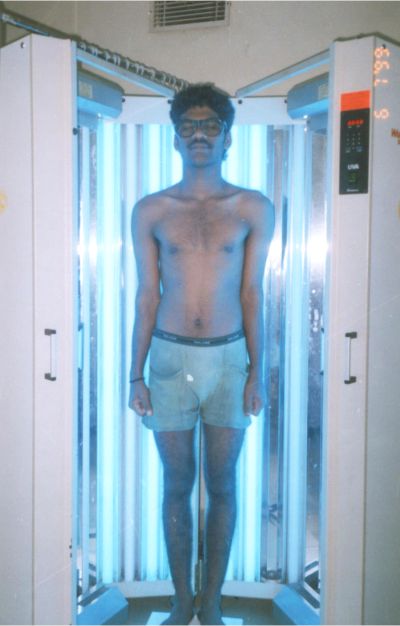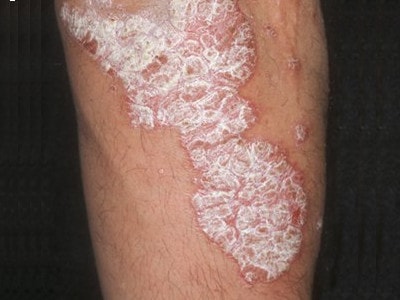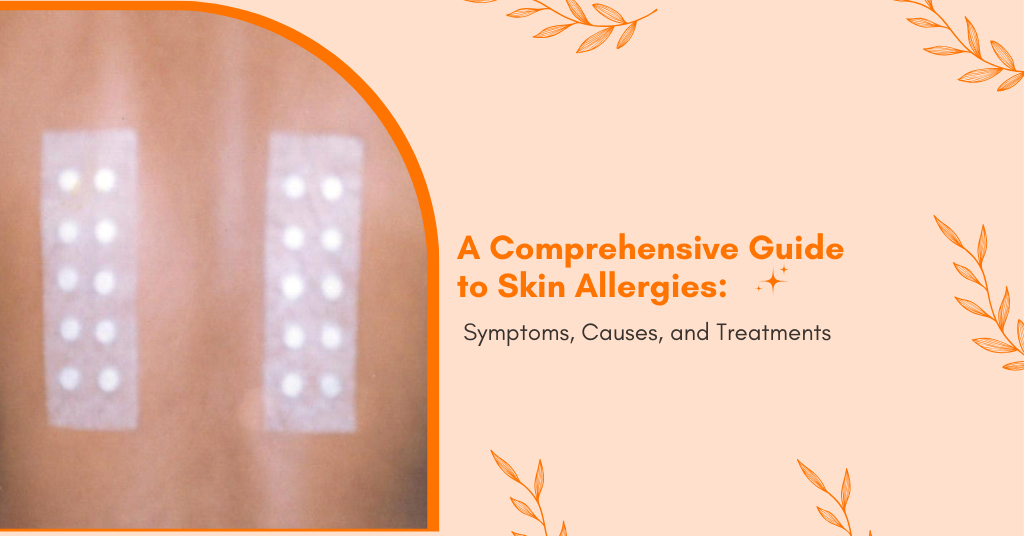Skin allergies, also known as cutaneous allergies, are a prevalent concern affecting individuals of all ages. They manifest when the body’s immune system overreacts to a harmless substance, triggering an inflammatory response in the skin. This response presents various symptoms, ranging from mild irritation to severe discomfort.
Understanding skin allergies empowers you to manage them effectively. This article serves as a comprehensive guide, delving into the signs and symptoms, underlying causes, and available treatment options for skin allergies.
What are the types of skin allergy?
Skin allergies can be a frustrating and uncomfortable experience. They often manifest in various forms, leaving you itching for answers. With so many types of skin reactions out there, it’s essential to understand what you’re dealing with. From the sudden appearance of red welts to persistent dry patches, each type has its unique triggers and symptoms. Here some common types of skin allergies and their telltale signs.
1. Contact dermatitis & Its Symptoms
Contact dermatitis occurs when your skin reacts to a substance it touches. This reaction can be triggered by irritants or allergens. Common culprits include soaps, metals, and plants like poison ivy.
Symptoms often appear within days of exposure. You might notice redness and swelling in the affected area. Itching is usually intense, leading to discomfort that can disrupt daily life.
In some cases, blisters may form and ooze fluid. As these heal, they can crust over before peeling away. The severity of symptoms varies from person to person based on their sensitivity to the trigger.
If you suspect contact dermatitis, identifying the source is crucial for treatment. Avoiding known irritants helps prevent future outbreaks while soothing creams or antihistamines may provide relief from itching and inflammation.
2. Hives & Its Symptoms
Hives, also known as urticaria, are raised, itchy welts on the skin. They can appear suddenly and vary in size. These red or skin-colored bumps often change shape and location.
The most common symptom is intense itching. The discomfort can be quite distracting, making it hard to focus on daily tasks. Some people experience a burning sensation alongside the itchiness.
Hives may develop due to allergies—like certain foods or medications—but triggers can differ from person to person. Stress, temperature changes, or even infections might play a role too.
In many cases, hives resolve on their own within hours or days. However, persistent symptoms should prompt a visit to a healthcare professional for further evaluation and management options if necessary.
3. Eczema & Its Symptoms
Eczema is another common type of skin allergy that affects many individuals. This condition can manifest in various forms, often leading to discomfort and frustration.
Symptoms of eczema typically include dry, itchy patches on the skin. These areas may become red and inflamed, sometimes even cracking or bleeding if scratched excessively. Eczema can appear anywhere on the body but is particularly prominent in sensitive regions like the face, inner elbows, and behind the knees.
Triggers for eczema vary from person to person. Common culprits include environmental factors such as pollen or dust mites, certain fabrics like wool or synthetic fibers, and irritants found in soaps or detergents. Stress can also exacerbate symptoms.
Living with eczema requires a proactive approach. Moisturizers play an essential role in managing dryness while avoiding known triggers helps reduce flare-ups. If symptoms persist or worsen, consulting a healthcare professional for tailored treatment options may provide relief.
Understanding these different types of skin allergies empowers individuals to better manage their conditions and seek appropriate care when needed.
Signs and Symptoms of Skin Allergies
Skin allergies often exhibit a tell-tale constellation of symptoms. While the specific presentation may vary depending on the individual and the allergen, some common signs include:
- Itchiness: This is often the most bothersome symptom, ranging from mild to intense. It can be localized or widespread.
- Rashes: Skin rashes are a hallmark of allergic reactions. They can appear in various forms, including red, bumpy patches (eczema), raised, itchy welts (hives), or small, fluid-filled blisters (contact dermatitis).
- Dry, scaly skin: Skin allergies can disrupt the skin’s natural barrier function, leading to dryness, flakiness, and scaling.
- Burning or stinging sensation: Some individuals may experience a burning or stinging sensation in the affected area.
Swelling: In severe cases, allergic reactions can cause swelling of the skin, particularly around the eyes or lips.
It’s crucial to note that these symptoms can also arise from other skin conditions. If you experience any of these signs, consulting a dermatologist for an accurate diagnosis is essential.
Common Causes of Skin Allergies
Skin allergies can be triggered by a vast array of substances. Here’s a breakdown of some common culprits:
- Irritants: These are harsh substances that can damage the skin’s outer layer, leading to an inflammatory response that mimics an allergy. Common irritants include soaps, detergents, solvents, fragrances, and certain topical medications.
- Allergens: These are typically harmless substances that the immune system mistakenly identifies as a threat. Upon exposure, the immune system releases histamine and other inflammatory chemicals, causing allergy symptoms. Here are some frequent allergens that can trigger skin allergies:
- Metals: Nickel is a prevalent culprit, often found in jewelry, zippers, and buttons.
- Latex: This can cause allergic reactions in some individuals upon contact with medical gloves, condoms, or balloons.
- Cosmetics and skincare products: Certain ingredients in cosmetics, such as fragrances, preservatives, and dyes, can trigger allergies.
- Plants: Poison ivy, oak, and sumac are notorious for causing allergic reactions upon contact with their oils.
- Medications: Topical medications applied to the skin or medications taken orally can sometimes cause allergic reactions.
Identifying the specific trigger for your skin allergy is vital for effective management. A dermatologist can conduct allergy testing to pinpoint the culprit.
Exploring Treatment Options for Skin Allergies
Fortunately, several treatment options can help alleviate the symptoms of skin allergies and improve your quality of life. Here’s an overview of the most common approaches:
- Avoiding the trigger: The most effective strategy is to identify and avoid the substance causing your allergy. This may involve making changes to your daily routine, such as using hypoallergenic cosmetics or wearing gloves when handling certain materials.
- Moisturizers: Regularly applying fragrance-free moisturizers helps maintain healthy skin and strengthen its barrier function, reducing irritation and susceptibility to allergens.
- Corticosteroid creams: Topical corticosteroids are potent anti-inflammatory medications that effectively reduce redness, itching, and swelling associated with allergic skin reactions. They are available in various strengths, and a dermatologist can recommend the appropriate one for your specific needs.
- Antihistamines: Oral antihistamines can help alleviate itching, a common symptom of skin allergies. These medications work by blocking the action of histamine, an inflammatory chemical released during an allergic reaction.
- Immunomodulators: In severe cases, a dermatologist may prescribe immunomodulating medications to suppress the immune system’s overactive response.
When to Seek Professional Help
While some mild skin allergies can be managed with over-the-counter medications and lifestyle modifications, consulting a dermatologist is crucial in certain situations. Here are some indicators that professional medical attention is necessary:
- Severe or persistent symptoms: If your symptoms are severe, causing significant discomfort or disruption to your daily life, seeking professional help is essential.
- Difficulty breathing or swallowing: These are signs of a potentially life-threatening allergic reaction known as anaphylaxis. Seek immediate medical attention if you experience these symptoms.
- Spread of the rash: If the rash spreads rapidly or involves a large area of your body, it may be a sign of a severe allergic reaction.
- Infection: If the affected area becomes red, swollen, warm, or painful, it may be a sign of infection. Consult a dermatologist for proper evaluation and treatment.
Tips for Skin Allergies Management
Managing skin allergies requires a personalized approach. Here are some tips to help you cope with and minimize the impact of skin allergies:
- Identify triggers: Keep a diary to track your symptoms and potential triggers. This can help you pinpoint the culprits and take appropriate measures to avoid them.
- Practice good skin care: Gently cleanse your skin with mild, fragrance-free products. Avoid harsh soaps, detergents, and hot water, which can further irritate sensitive skin.
- Wear loose-fitting clothing: Opt for breathable fabrics like cotton to minimize friction and irritation.
- Manage stress: Stress can exacerbate skin allergies. Explore stress-reduction techniques like meditation, yoga, or deep breathing exercises.
- Consider environmental factors: If you suspect environmental factors are contributing to your skin allergies, consider moving to a different area or using air purifiers to improve indoor air quality.
Conclusion
Skin allergies are a common skin condition that can significantly impact your quality of life. Understanding the signs, symptoms, and underlying causes can empower you to take proactive steps to manage your condition effectively. Remember, seeking professional guidance from a dermatologist is essential for accurate diagnosis and personalized treatment.
Don’t let skin allergies hold you back from enjoying healthy, beautiful skin. At Skin Laser Centre, our experienced dermatologist, Dr. Munish Paul with over 23 years of experience, is dedicated to helping you achieve optimal skin health. We offer comprehensive allergy testing and a range of treatment options tailored to your specific needs.
Schedule a consultation with Dr. Munish Paul today and take control of your skin allergies!
Book An Appointment








